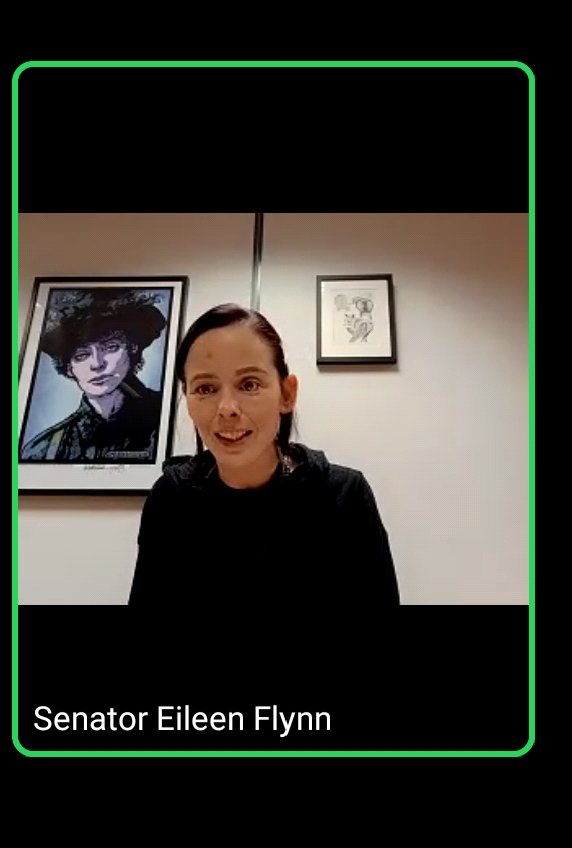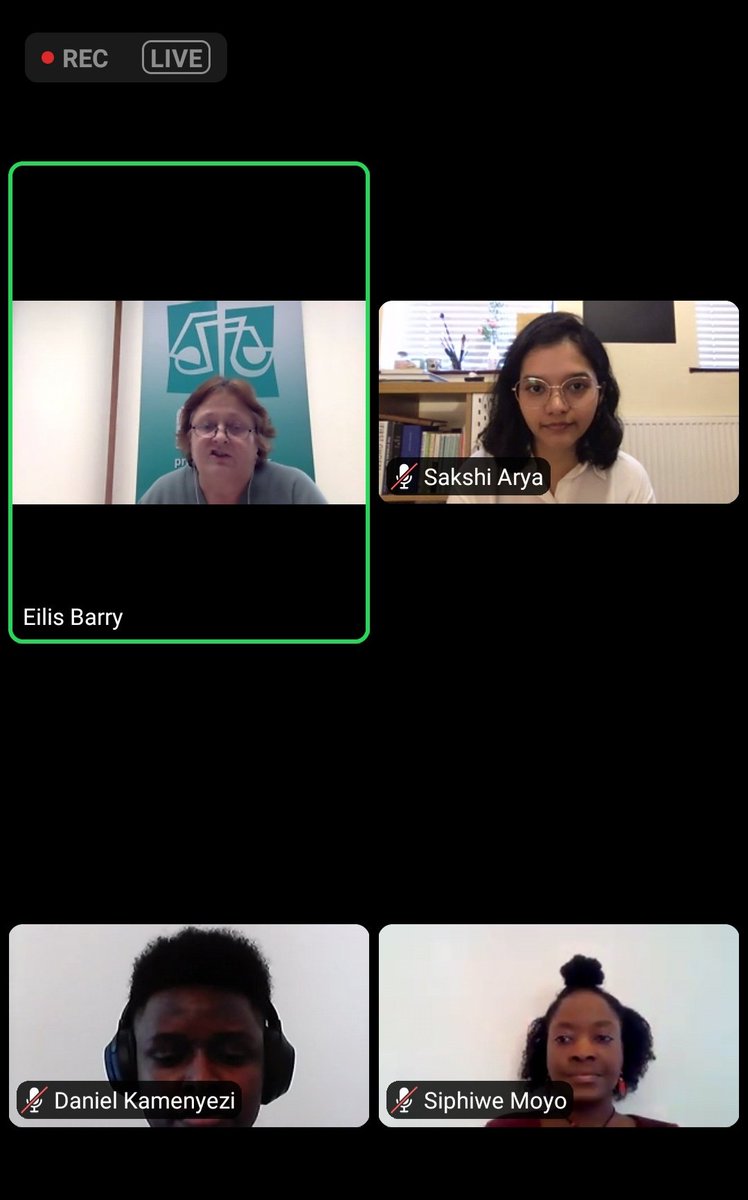
If you're organising events at work for anti-racism month in March, a few tips...
1. There are lots of online events going on for March - you might think about attending one as a group in your organisation and following it with a zoom/teams discussion in-house.
1. There are lots of online events going on for March - you might think about attending one as a group in your organisation and following it with a zoom/teams discussion in-house.
2. If you are planning a panel, particularly if you are looking for representation from minority communities, I suggest that you offer a speakers fee upfront with your invitations. This is a respectful approach. Too often this burden falls on invited speakers to request it.
3. Design your events so that they go beyond awareness to identify key actions - e.g. theme events around working practices & processes, rather than discrete minority identities.
This allows you (1) to move from awareness into action quickly, and (2) facilitates a more intersectional approach to understand how practices and processes in your organisation are experienced by individuals.
4. Support your guest speakers. They should not feel alone at the front of a defensive room. Plan with them, prep your audience, support your speaker actively. Tell them about the organisation, your EDI aims, check you're on same page. Don't misrepresent your capacity for change.
5. Go to other events, and look for good practice. Don't organise an anti-racism event if you don't know what good practice looks like. Ask for advice from other organisations, attend their events. Read up.
6. What are you trying to achieve? Can you do that in a one-hour session at lunch (probably not)? If you need a half-day to leverage change, take a half day. If you need several events to help your audience progress, plan a series and communicate that colleagues should attend all
7. Get buy-in from the top. Leadership is key. Ask your VP to be present, to welcome the guest speaker and to stay for the whole session. It matters that senior leaders are seen to be there and take it seriously. Seriously, it matters.
8. What's next? Have you got a goal for where you're going with this? If you're just 'raising awareness', I need to break it to you... it's not enough. Raising awareness is a fop for not doing anything about it. Do something. Anything. Plan to do it, and do it.
Who wants to add a few more?
One more from me for now...
If you want to know about racism in your country, partner with a local organisation for training. Context matters, most UK/US organisations don't know Irish context.
If you want to know about EDI progress in your industry, invite an industry leader.
If you want to know about racism in your country, partner with a local organisation for training. Context matters, most UK/US organisations don't know Irish context.
If you want to know about EDI progress in your industry, invite an industry leader.
@threadreaderapp unroll
• • •
Missing some Tweet in this thread? You can try to
force a refresh





